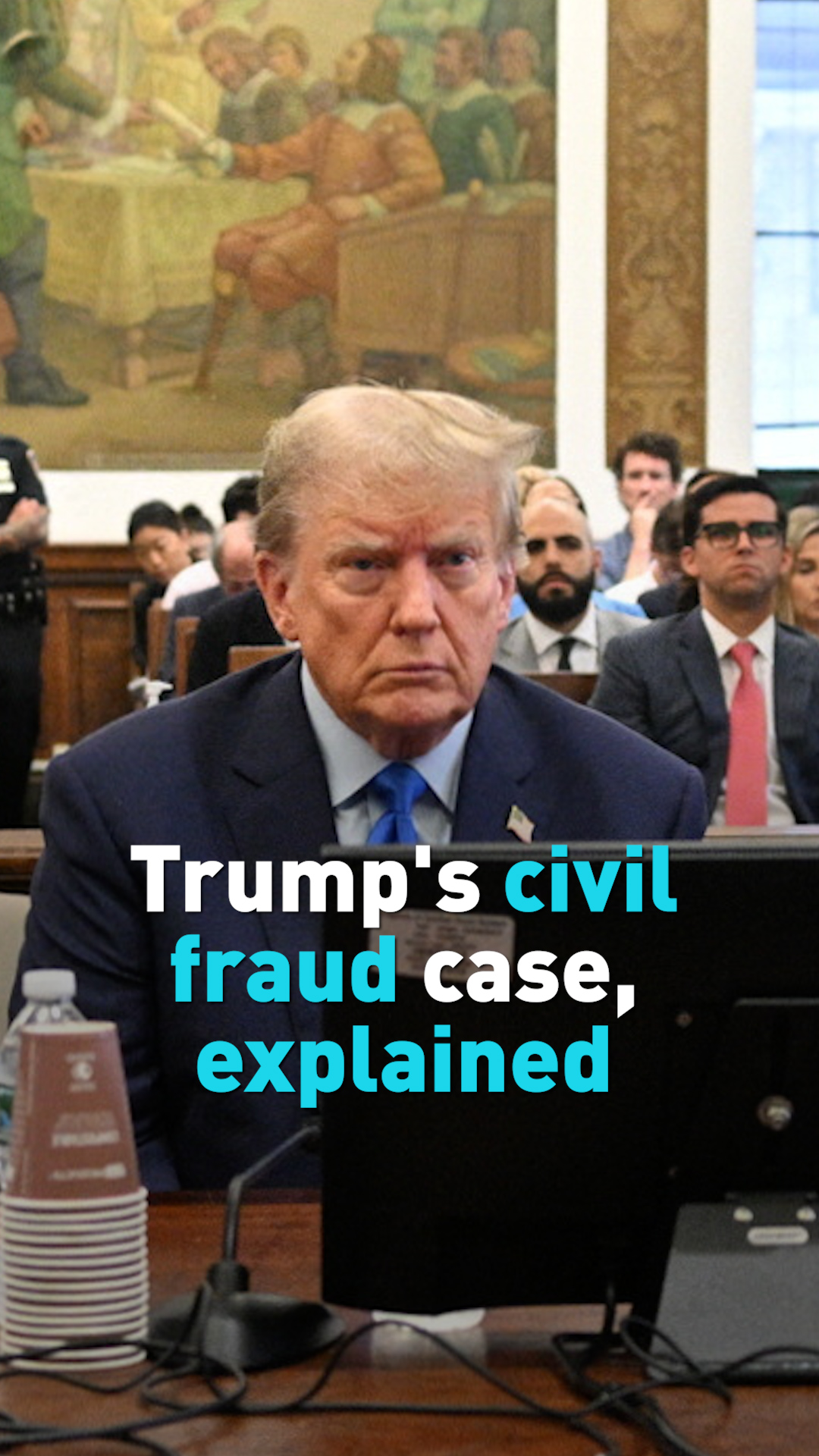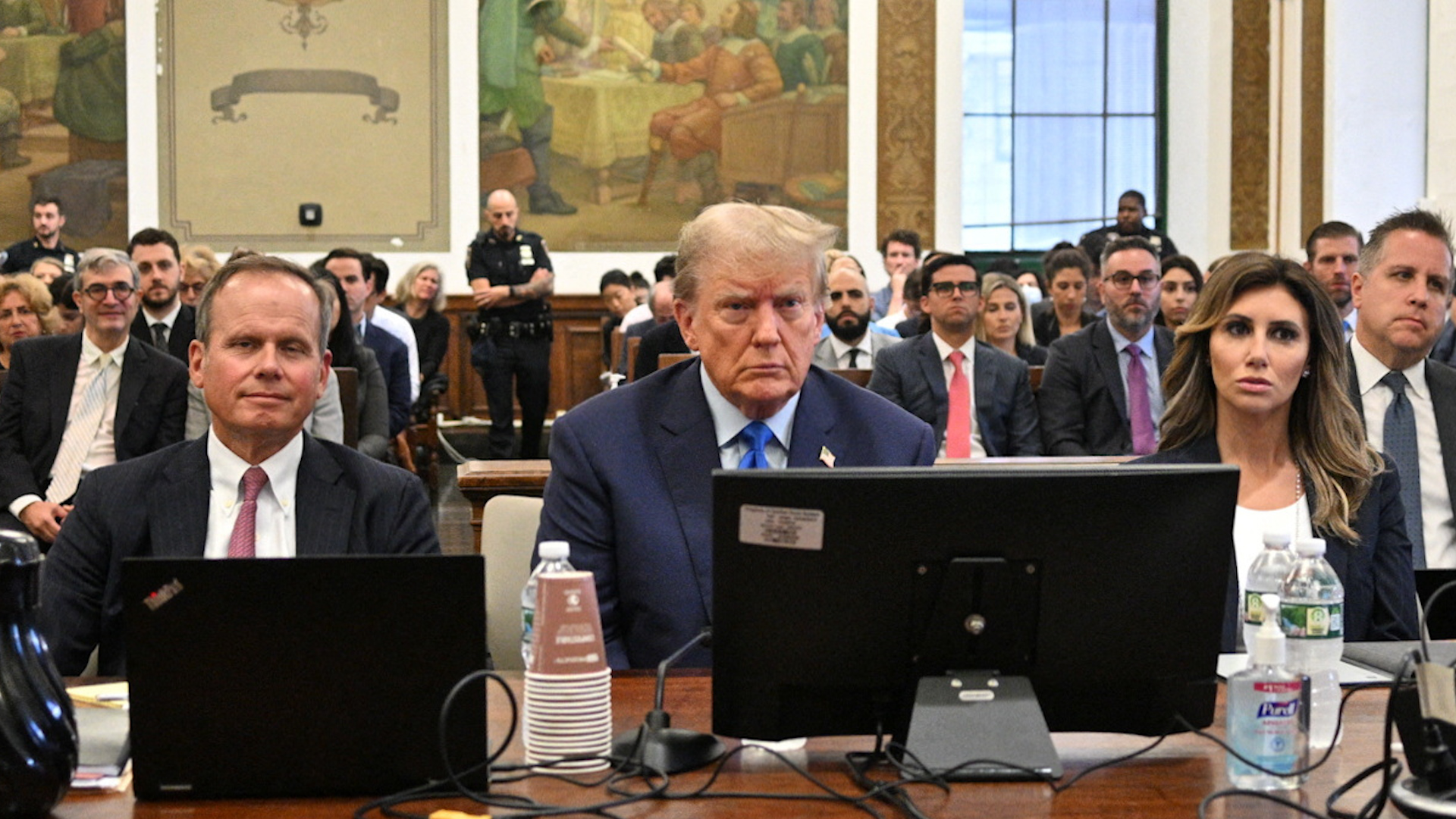In a case that has garnered national attention, former U.S. President Donald Trump is currently battling allegations in a New York City court.
02:40

The accusations, put forth by the prosecuting attorney, Letitia James, claim that Trump and his organization manipulated both his net worth and property values in order to secure larger loans from banks while simultaneously benefiting from reduced insurance rates.
For banks to lend significant amounts, they require collateral assurance. James argues that Trump's organization exaggerated asset valuations for several years. A notable example includes the valuation of Trump's NYC apartment in Trump Tower.
It was reportedly valued at an astounding 30,000 square feet, despite its actual size being under 11,000 square feet. This incorrect sizing placed the apartment's worth at $326 million in 2015, triple the value of the most expensive apartment sold in the city at that time.
Another point of contention is the valuation of Trump's Mar-a-Lago club at $739 million. This high value was premised on potential redevelopment into residential properties. However, James points out that Trump previously signed deeds that restricted the property's use to that of a social club.

By overvaluing these properties, Trump was, in essence, securing larger loans for further real estate ventures. Conversely, it's alleged that insurers were given undervalued property figures to obtain preferential rates.
Trump and his defense counter these claims, emphasizing the subjective nature of valuations. In a recent statement, Trump labeled the case as "the single greatest witch hunt of all time", citing the banks' profit of over $100 million from the loans and insisting on the absence of any fraudulent activity.
However, the presiding judge's preliminary ruling appears to favor the prosecution, having already indicated that Trump benefitted financially through deceitful practices with insurers and banks.
The consequences of a guilty verdict could be severe, with potential fines reaching $250 million and a potential five-year ban on Trump's company from conducting business.
For more, check out our exclusive content on CGTN Now and subscribe to our weekly newsletter, The China Report.